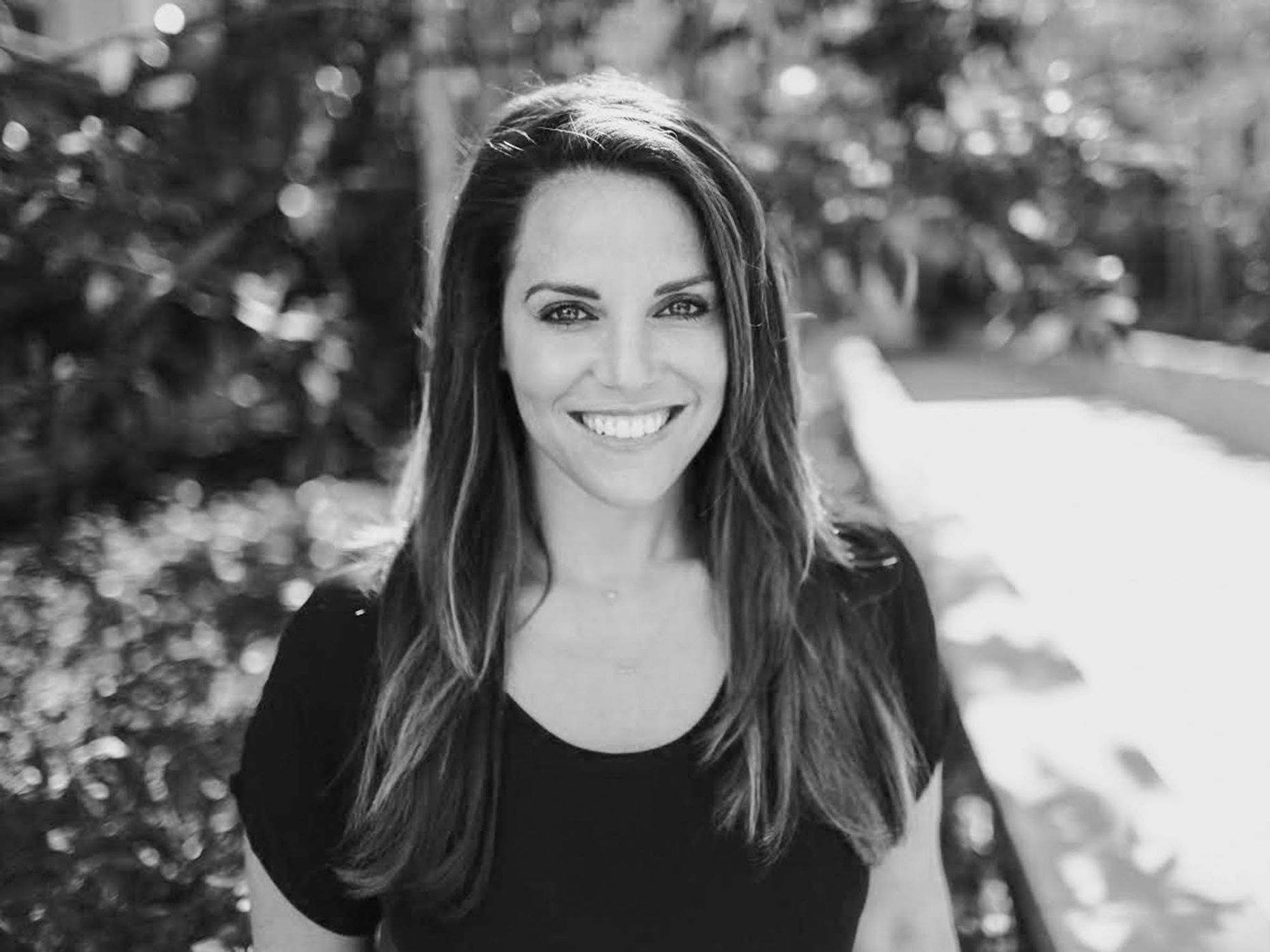PCH Driven: Invisible Universe’s Tricia Biggio on Creating IP on Social Media

Invisible Universe’s Tricia Biggio joined this episode of PCH Driven to talk about how she took her love for animation to new platforms.
Biggio, the CEO of Invisible Universe, worked alongside its founder John Brennan to create animated stories for social media in an age when many younger folks are turning to social media for entertainment, rather than movies or TV.
"It's really like a special, cool, unique moment to be able to hopefully be a part of building something that your kids are going to love," said Biggio.
One of their first projects came about when Brennan connected with tennis player Serena Williams and her husband Alexis Onanian, the co-founder of Reddit. The trio came up with the idea to bring their daughter's doll, Qai Qai, to life through 3D animation.
"'Could Qai Qai be your family's own Toy Story' was kind of the thesis." Biggio said, "Alexis and Serena were down to be really experimental. And at that time, I will say, they probably didn't see it as the business that we're now building."
That experience opened the doorway for Biggio to explore projects with other celebrities, including TikTok stars the D'Amelio sisters and actress Jennifer Aniston. Each of Invisible Universe’s partners have gone on to create their own original animated characters and franchises.
Biggio said she's been proud of the team. Animation, she said, is not easy work. The hardest part of the journey for Biggio has been saying no to ideas she thought sounded cool because in order to prioritize others.
"We just have to deliver on the promise to our investors and to our communities and to keep focused on what our core strategy and business model is, which is launching new IP with incredible partners that can stand the chance of becoming household entertainment franchises," said Biggio.
Biggio’s attention turned to non-fungible tokens (NFTs) more recently, where she said her team is thinking about bringing well-known two-dimensional characters from that world, like the Bored Ape characters, to life.
"What if you cast five NFTs from some of the most popular communities and you brought them to life in animation and the show was bringing NFTs from the metaverse into the real world? And so, we're calling it The R3al Metaverse," said Biggio.
Not everyone will care if these creations are NFTs, Biggio said, but so long as these characters have fans, they represent the birth of new worlds, and intellectual property.
Click the playhead above to hear the full conversation, and subscribe to PCH Driven on Apple, Stitcher, Spotify, iHeart, Google or wherever you get your podcasts.
dot.LA Engagement Fellow Joshua Letona contributed to this post.
- Invisible Universe Inspires Serena Williams' First Book - dot.LA ›
- Invisible Universe's Plan to Bring Animation to Social Media - dot.LA ›
- Invisible Universe, the 'Pixar of the internet,' raises $12M - dot.LA ›
- NFT Show ‘The R3al Metaverse' Launches Via Invisible Universe - dot.LA ›



 Image Source: Skyryse
Image Source: Skyryse
 Image Source: Northwood Space
Image Source: Northwood Space